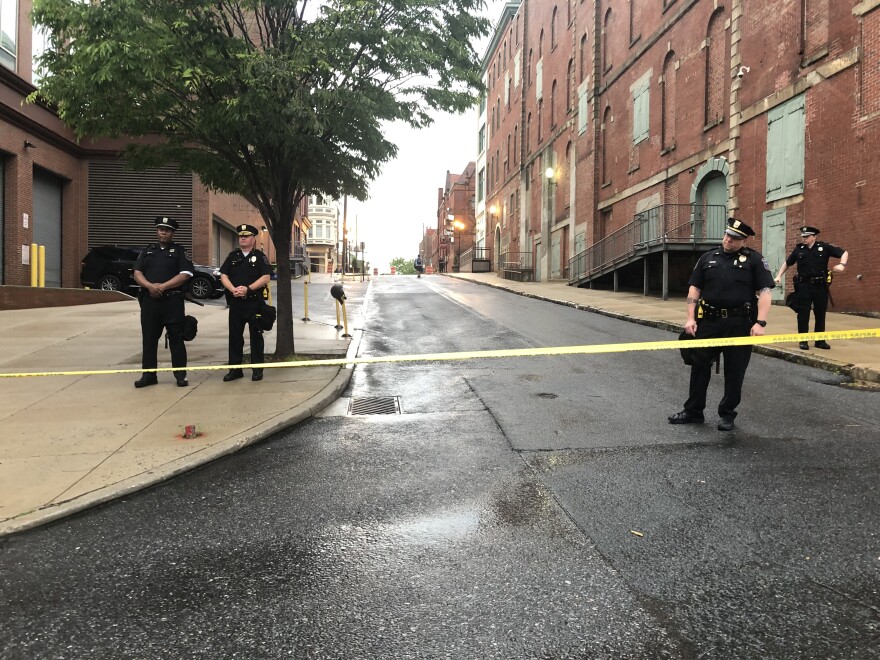A group of advocates on subcommittees of the state’s law enforcement reform taskforce is not happy with the progress it is making.
Several members of Law Enforcement Accountability Task Force (LEATF) subcommittees signed a letter of no confidence in the body Tuesday. They say it's moving too slow.
The task force was formed last year to develop policy recommendations around police reform issues including transparency and accountability, community policing and use of force. It was originally expected to deliver these by the start of the legislative session in January, but has yet to release a final report.
Transparency and Accountability subcommittee member Haneef Salaam is with the ACLU of Delaware's Campaign for Smart Justice. He signed the letter—and says it’s time to bypass the task force.
“Enough is enough, it’s time for action,” Salaam said.
The letter calls for amendments to the Law Enforcement Officers’ Bill of Rights (LEOBOR), which currently shields police records from public view, and the Freedom of Information Act—to allow for the establishment of “effective” Civilian Review Boards that can investigate and respond to police misconduct “without undue interference from collective bargaining agreements and the police union.”
The letter includes a draft bill to amend LEOBOR, which it notes could be implemented this legislative session.
“Delaware’s General Assembly and government officials do not have a history of following the recommendations of task forces,” the letter reads. “This history, alongside the slow pace of the LEATF, has weakened both our and the community’s faith in our state lawmakers.”
The letter claims Black and brown communities “have not been adequately involved in the process,” while police are overrepresented on the task force and its subcommittees.
“Delaware’s secrecy of police disciplinary records allows misconduct to thrive,” said Kailyn Richards, policy and program coordinator at the Delaware Center for Justice, in an email.
Richards is a member of the Workforce Development LEATF subcommittee who signed the letter. She says New Castle County Executive Matt Meyer’s recent release of the body camera footage showing the killing of Lymond Moses by county police underscored the need for change.
“It was a historic moment in transparency for Delawareans, but that kind of transparency should not be given at the whim of who happens to be in leadership,” she said. “It should be a right of the people, ingrained in state law.”
Crystal Womack of Network Delaware and the Metropolitan Wilmington Urban League is another member of the Transparency and Accountability subcommittee who signed the letter.
“My main concern with the task force is there won’t be positive action that comes from it, or that ... this taskforce sort of goes on until it fizzles out,” Womack said.
LEATF chair, member of the General Assembly’s Legislative Black Caucus and former police officer Rep. Franklin Cooke (D-New Castle) declined to be interviewed.
“Our process has been deliberate, well-organized, and above all inclusive,” Cooke said in a statement provided by a spokesperson. “We have held listening sessions and conducted numerous public meetings where we have solicited and welcomed public input, and we will continue to do so. The work we're doing takes time, but we are making progress."






